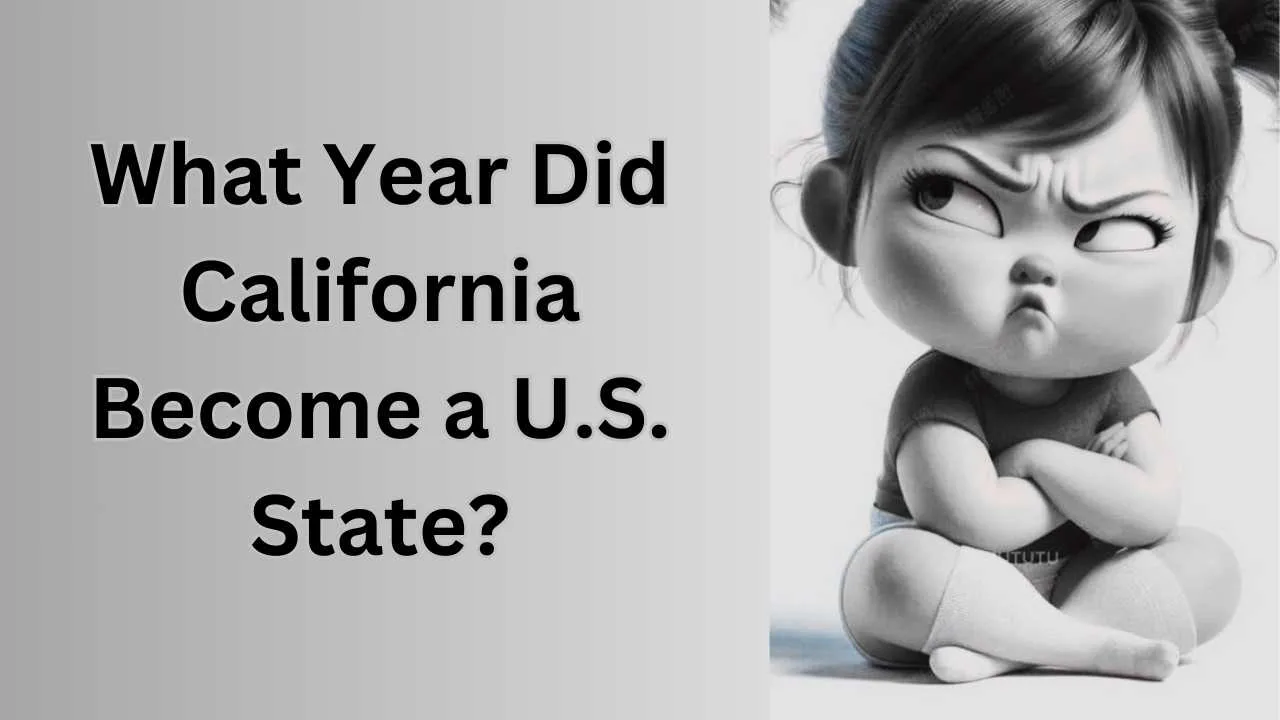California officially became a U.S. state on September 9, 1850. This marked a significant moment in American history, following the Mexican-American War and the Treaty of Guadalupe Hidalgo in 1848, where Mexico ceded California and other territories to the United States.
The discovery of gold at Sutter’s Mill in 1848 sparked the famous California Gold Rush, leading to a massive influx of settlers. By 1849, the population had grown so quickly that there was a push for California to become a state. A constitutional convention was held, and a state constitution was drafted, outlawing slavery and setting the framework for California’s governance.
The process of admitting California to the Union was not without controversy. The issue of slavery was at the forefront of national debates. At the time, the U.S. was divided between free states and slave states. California’s request to join as a free state threatened the delicate balance between the two, as there was no corresponding slave state seeking admission.
The Compromise of 1850, a series of legislative measures, was crafted to ease tensions. This compromise allowed California to join the Union as a free state, while other concessions were made to the South, such as the passage of a stronger Fugitive Slave Act.
Thus, California’s admission as the 31st state on September 9, 1850, marked an important chapter in the expansion of the United States, setting the stage for further westward growth and contributing to the growing tensions that would eventually lead to the Civil War. Today, California remains one of the most populous and economically significant states in the country, having played a crucial role in shaping the modern U.S.

Leave a Reply